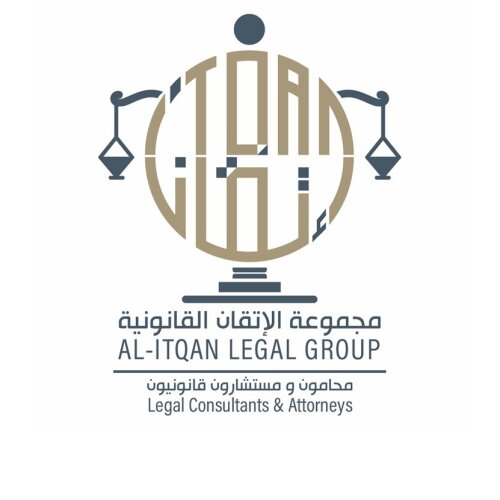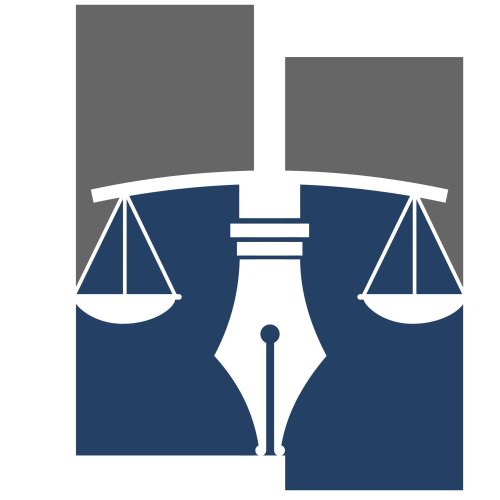Best Bankruptcy Lawyers in Kuwait
Share your needs with us, get contacted by law firms.
Free. Takes 2 min.
Or refine your search by selecting a city:
List of the best lawyers in Kuwait
About Bankruptcy Law in Kuwait
Bankruptcy law in Kuwait is designed to provide a legal process for individuals or businesses that are unable to pay their debts. It aims to balance the rights and obligations of debtors and creditors by providing a structured framework for debt resolution. The bankruptcy process in Kuwait involves court proceedings which determine how the debtor's assets will be distributed among creditors and sometimes includes the liquidation of assets. Recently, reforms have been implemented to make the process more efficient and to align with international standards.
Why You May Need a Lawyer
There are several situations where individuals or businesses in Kuwait might need legal assistance with bankruptcy. A lawyer can help debtors through complex legal procedures, ensuring that their rights are protected and that they understand the implications of declaring bankruptcy. Lawyers can also assist creditors in recovering as much debt as possible when a debtor files for bankruptcy. Common scenarios include businesses facing financial distress, individuals overwhelmed by personal debts, or creditors struggling to collect outstanding debts.
Local Laws Overview
Kuwait's bankruptcy laws have been updated to provide clearer and more efficient processes for managing insolvency. Key aspects include the establishment of specialized procedures for corporate restructuring, out-of-court settlements, and clearer guidelines for creditor claims. The law aims to promote transparency and fairness in the distribution of a debtor’s assets. It involves judicial oversight and may include asset liquidation to pay off debts. Furthermore, the law intends to support both debtors' ability to reboot financially and creditors' ability to recover debts in a fair manner.
Frequently Asked Questions
What is the primary legislation governing bankruptcy in Kuwait?
The primary legislation is the Kuwaiti Bankruptcy Law No. 71 of 2020, which provides comprehensive guidelines for bankruptcy and restructuring procedures.
Can both individuals and businesses declare bankruptcy in Kuwait?
Yes, both individuals and businesses can declare bankruptcy in Kuwait. The law provides specific processes depending on whether the debtor is an individual or a corporate entity.
Does filing for bankruptcy absolve all of my debts?
Filing for bankruptcy does not automatically absolve all debts. The debts will be settled based on court decisions, and some debts may still need to be serviced after the process.
What happens to my assets if I declare bankruptcy?
Assets may be liquidated to pay creditors. However, certain essential properties or items may be exempt from liquidation, based on court discretion.
How long does the bankruptcy process take in Kuwait?
The duration varies based on the complexity of the case, the amount of assets and liabilities, and any restructuring plans, but it typically involves several court proceedings.
Can I negotiate with creditors before filing for bankruptcy?
Yes, it is often beneficial to negotiate with creditors before filing for bankruptcy, as out-of-court settlements can be quicker and less costly.
What role does the court play in the bankruptcy process?
The court oversees the process, ensuring fair treatment of both debtors and creditors, approving asset liquidation, and making final judgments on debt settlements.
Can a bankruptcy decision be appealed?
Yes, parties can appeal a bankruptcy decision if they believe there has been an error in the legal process or judgment.
What are the alternatives to filing for bankruptcy?
Alternatives include negotiating settlements with creditors, debt restructuring, or seeking financial advice to manage debts more effectively.
Will declaring bankruptcy affect my future credit in Kuwait?
Yes, declaring bankruptcy may affect your credit rating, making future borrowing more challenging. However, it also provides a fresh start to rebuild credit.
Additional Resources
Individuals seeking more information about bankruptcy can refer to the Kuwaiti Ministry of Justice, which offers guidelines and support for legal processes in Kuwait. Additionally, seeking advice from certified financial advisors or associations specializing in debt management can provide valuable guidance. Legal consultants specializing in bankruptcy law are also crucial resources for personalized advice and support.
Next Steps
If you need legal assistance with bankruptcy, consider reaching out to a legal professional specializing in bankruptcy cases. Begin by collecting all relevant documents regarding your debts and assets, and schedule a consultation to discuss your specific situation. A lawyer can guide you through your options and ensure that you follow the proper legal procedures for a fair and efficient resolution of your financial issues.
Lawzana helps you find the best lawyers and law firms in Kuwait through a curated and pre-screened list of qualified legal professionals. Our platform offers rankings and detailed profiles of attorneys and law firms, allowing you to compare based on practice areas, including Bankruptcy, experience, and client feedback.
Each profile includes a description of the firm's areas of practice, client reviews, team members and partners, year of establishment, spoken languages, office locations, contact information, social media presence, and any published articles or resources. Most firms on our platform speak English and are experienced in both local and international legal matters.
Get a quote from top-rated law firms in Kuwait — quickly, securely, and without unnecessary hassle.
Disclaimer:
The information provided on this page is for general informational purposes only and does not constitute legal advice. While we strive to ensure the accuracy and relevance of the content, legal information may change over time, and interpretations of the law can vary. You should always consult with a qualified legal professional for advice specific to your situation.
We disclaim all liability for actions taken or not taken based on the content of this page. If you believe any information is incorrect or outdated, please contact us, and we will review and update it where appropriate.
Browse bankruptcy law firms by city in Kuwait
Refine your search by selecting a city.















